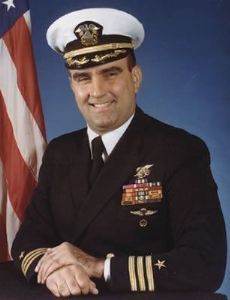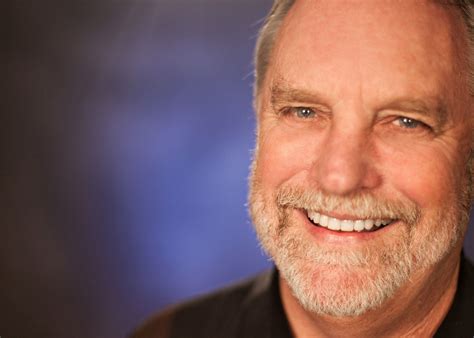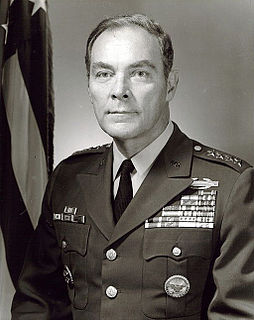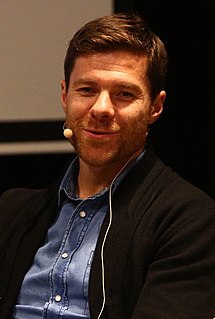A Quote by Tom Rath
There's a conventional wisdom that says that strategic thinking is much more important than relationship building, which doesn't seem to be nearly as highly valued as it should be, based on what some of the leaders that I've spoken with have said to me.
Related Quotes
Obama is very much an establishment sort of guy. The whole image of him as a transcendent figure was based on style rather than substance. If you actually looked at what he said, not how he said it, he said very establishment things. He's a moderate, cautious, ameliorative guy. He tends to gravitate toward Beltway conventional wisdom.
Night is purer than day; it is better for thinking and loving and dreaming. At night everything is more intense, more true. The echo of words that have been spoken during the day takes on a new and deeper meaning. The tragedy of man is that he doesn't know how to distinguish between day and night. He says things at night that should only be said by day.
I've still got Paul Scholes' shirt at home which I swapped with him once. When I was at Liverpool he was one of the players I liked most. Maybe he's not valued as much as he should be in England because of the style of football there and because he keeps a low profile. Perhaps he would have been more valued in Spain, where midfielders like him form part of the 'ideal.' Fans in Spain rate him very highly and I admire him a huge amount.
When one admits that nothing is certain one must, I think, also admit that some things are much more nearly certain than others. It is much more nearly certain that we are assembled here tonight than it is that this or that political party is in the right. Certainly there are degrees of certainty, and one should be very careful to emphasize that fact, because otherwise one is landed in an utter skepticism, and complete skepticism would, of course, be totally barren and completely useless.
Harry Potter is one boy in a long line of mythical heroes who have reminded the human race that we are so much more than we think we are, so much more powerful than we seem to know. Jesus said that we would someday do even greater works than He; should we not take Him at His word? And should not 'someday' be today? It's time for us to start working miracles, if indeed we have the capacity within us to do so.

































